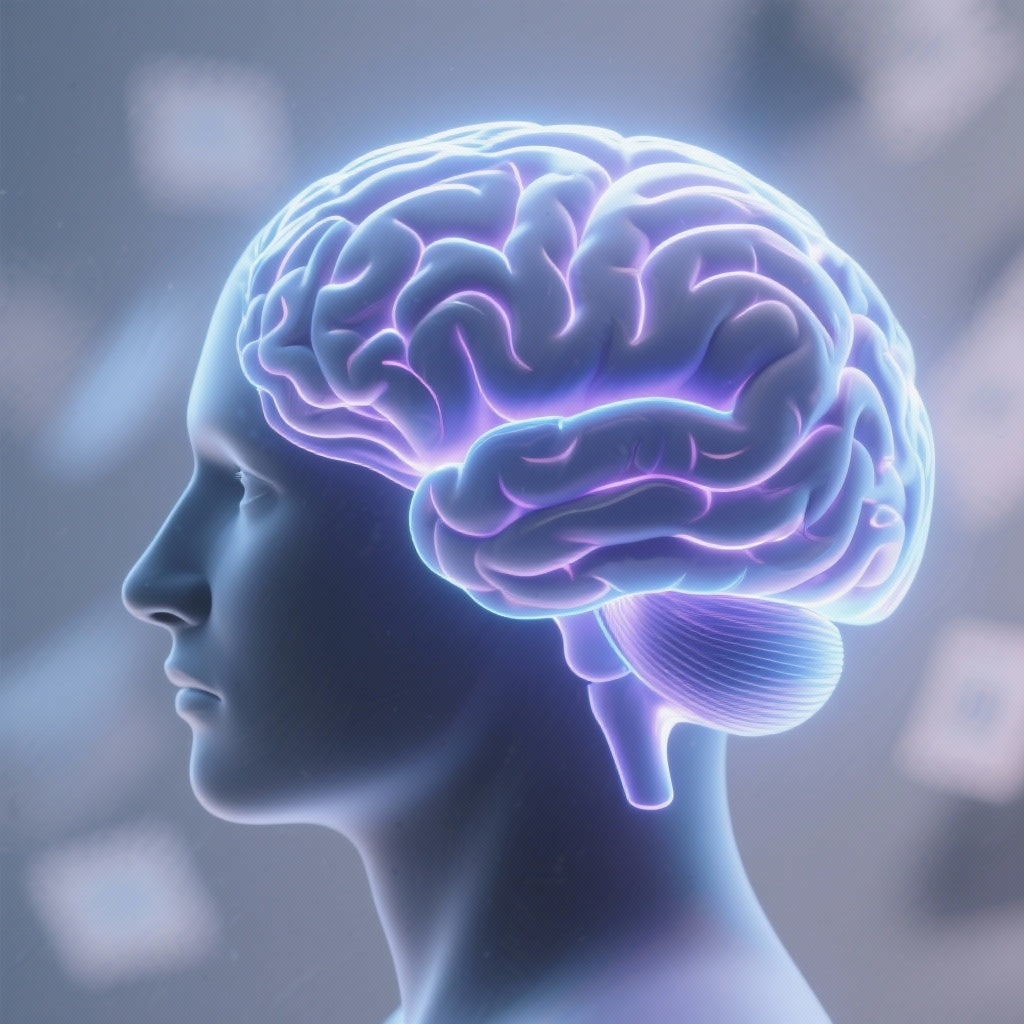The Truth About Déjà Vu: This Fascinating Memory Bug
Have you ever had that strange feeling of having already experienced a specific situation, a moment perfectly identical to what you are currently experiencing? This is déjà vu, a disturbing and fascinating experience that has intrigued scientists and the curious for centuries. Far from being a simple glitch in our brain, déjà vu could reveal complex mechanisms of our memory and our perception of time.
In this article, we'll delve into the heart of this enigma. We'll explore the various scientific and psychological theories that attempt to explain this phenomenon, from neural synchronization errors to interpretations related to memory and attention. Prepare for a captivating journey inside your own brain!
What is Déjà Vu? A Precise Definition
The term "déjà vu" literally means "already seen" in English. It describes the sudden and intense feeling of familiarity with a situation that one knows to be new. This sensation is often fleeting, but it can be powerful enough to leave a lasting impression. It is important to distinguish déjà vu from other phenomena such as false memories or precognitive dreams, although some connections may exist.
Approximately 70% of the world's population reports having experienced déjà vu at least once in their lifetime. This phenomenon is more common among young adults and tends to decrease with age. People with certain forms of epilepsy are also more likely to report déjà vu experiences, which has led to some scientific research.
Scientific Theories: Neuronal Errors and Memory
Several scientific theories attempt to explain déjà vu in terms of brain function and memory. One of the most popular is the "familiarity of memory" theory. According to this theory, déjà vu occurs when an area of the brain involved in recognizing familiarity (the rhinal cortex) is inappropriately activated. This creates a feeling of familiarity even when there is no actual memory associated with the situation.
Another theory suggests that déjà vu is linked to "neural synchronization errors." The brain constantly receives information from different senses (sight, hearing, smell, etc.). This information is then integrated to create a coherent representation of reality. If this integration is disrupted, for example, due to a slight delay in information processing, the brain may interpret the situation as having already been experienced. Studies conducted by Dr. Anne Cleary at the University of Colorado have strengthened this hypothesis using virtual environments.
Psychological Explanations: Attention and Perception
Beyond purely neurological theories, psychological explanations highlight the role of attention and perception in the déjà vu phenomenon. For example, if you are distracted for a short period, your brain may register part of the situation without you being fully aware of it. When your attention returns, you may have the impression of having already experienced the scene, when in reality, you have just experienced it incompletely.
A lapse in attention can also create this illusion. Imagine you're driving on a road you've never traveled before, but which looks strangely similar to another road you know well. Your brain can then make an incorrect association, creating a feeling of déjà vu. The complexity of our brain and its ability to make rapid associations are at the heart of this phenomenon.
Déjà-rêvé vs. Déjà-vécu: The Different Forms of the Phenomenon
It is important to distinguish between déjà vu (already experienced) and déjà rêvé (already dreamed). Déjà vu, as we have explained, is the feeling of having already lived through a real situation. Déjà rêvé, on the other hand, is the feeling of having already dreamed about a situation that one is currently experiencing. The two phenomena are related, but they may involve different brain mechanisms. Déjà rêvé is often associated with a stronger conviction of the reality of the experience.
"Déjà vu is a brief memory anomaly that reminds us how fragile our perception of reality is." - Dr. Akira O'Connor, memory specialist.
Déjà vu and Epilepsy: A Link to Explore
As mentioned earlier, people with certain forms of epilepsy, particularly temporal lobe epilepsy, are more likely to report déjà vu experiences. This has led researchers to closely study the brain activity of these patients during seizures. The findings suggest that epileptic seizures can disrupt the normal functioning of brain areas involved in memory and recognition, which can trigger feelings of déjà vu. This link does not imply that everyone who experiences déjà vu has epilepsy, but it provides valuable clues about the brain mechanisms involved.
Déjà Vu: A Persistent Mystery, A Window into the Brain
Déjà vu remains a mysterious and complex phenomenon, but scientific research has led to considerable progress in understanding it. Whether it involves neural errors, lapses in attention, or memory disruptions, déjà vu offers us a fascinating window into the workings of our brain and how we construct our perception of reality. If you'd like to learn more about the brain, feel free to consult our articles on mental well-being and healthy habits .











